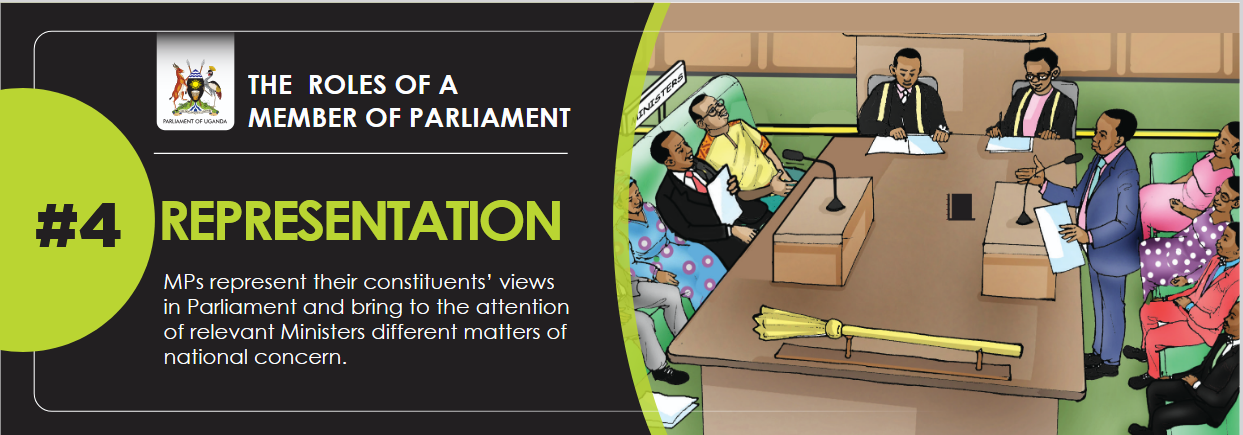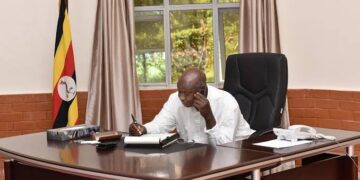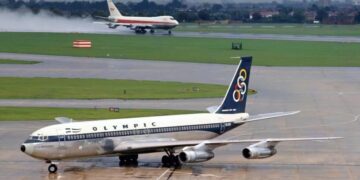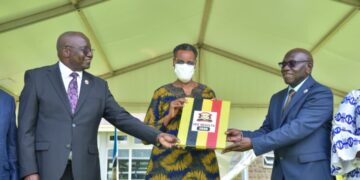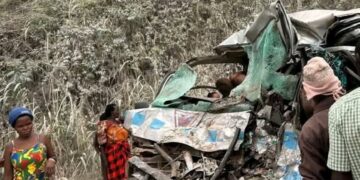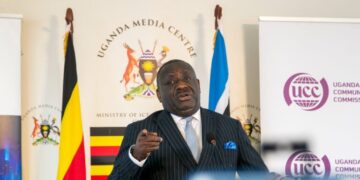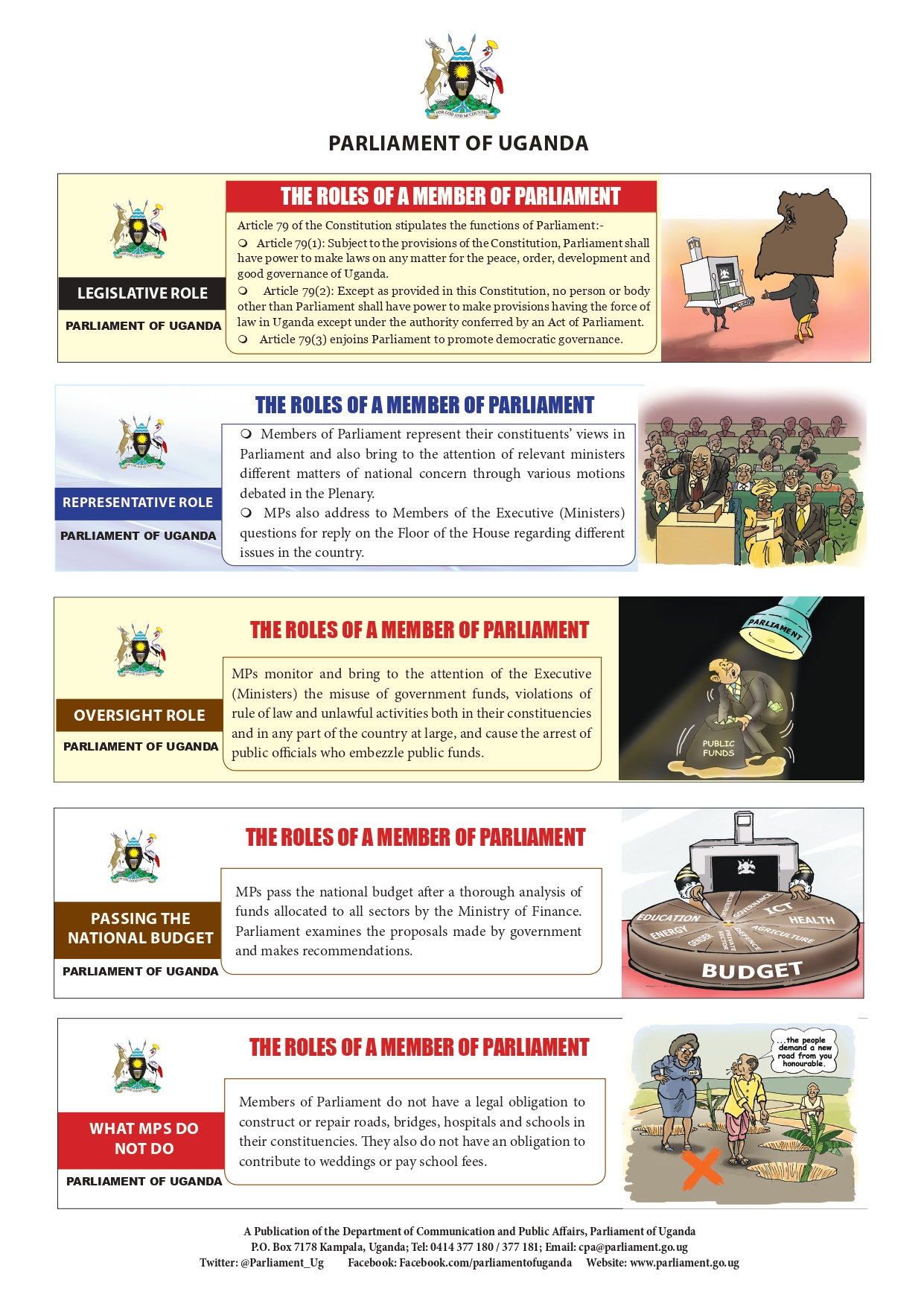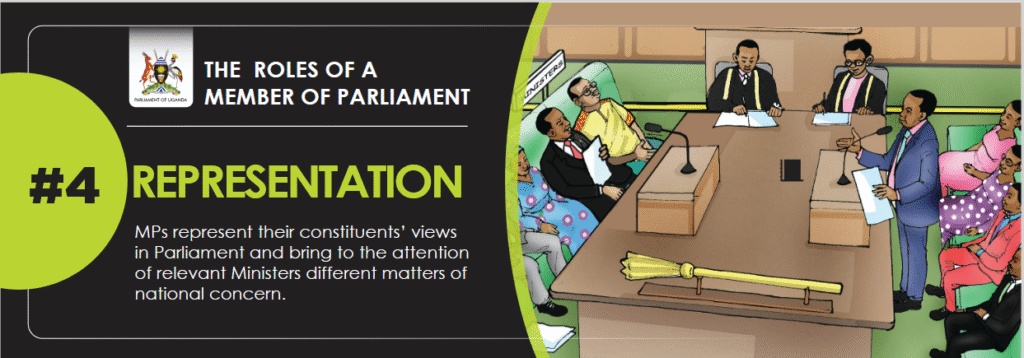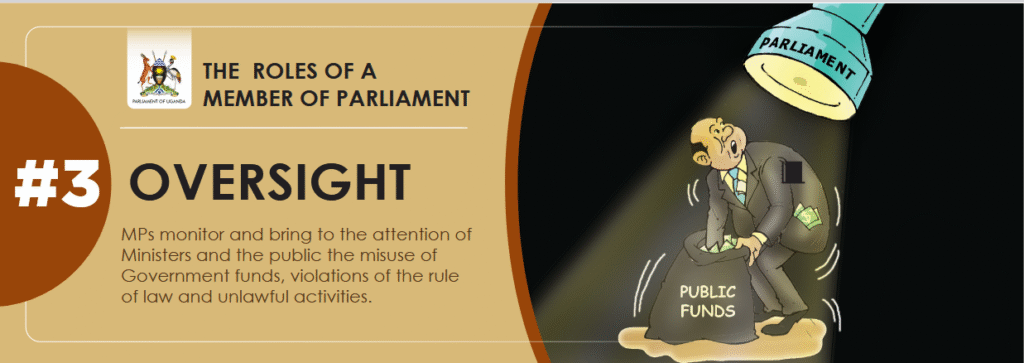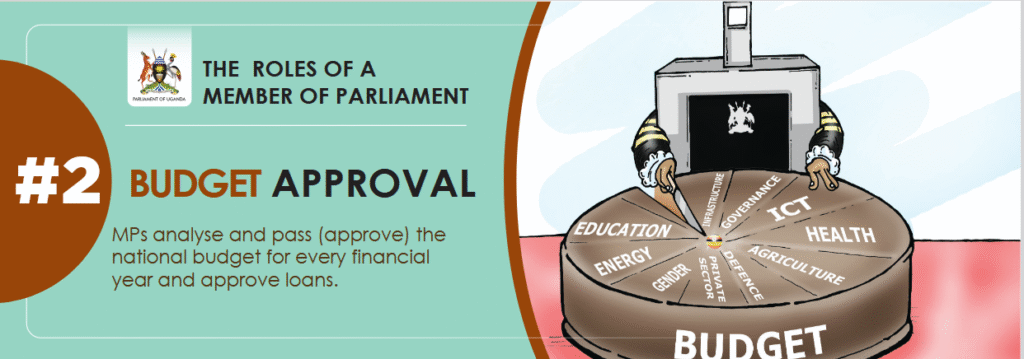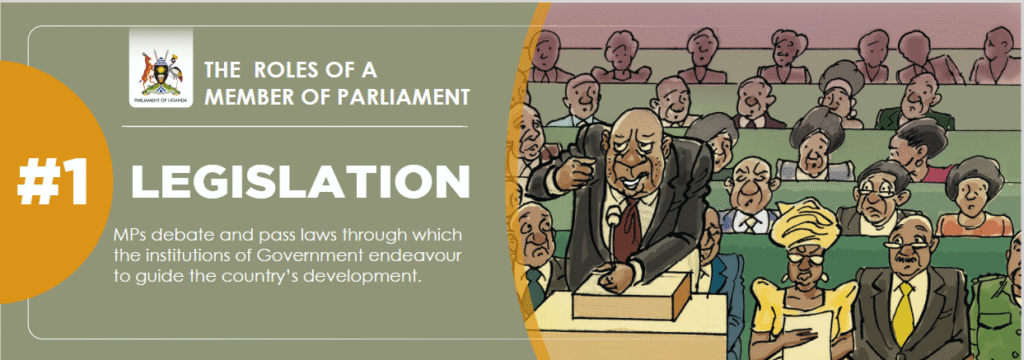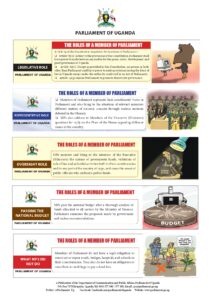The government of Uganda has attributed the escalating fuel prices in the country to disruptions in supply of petroleum products with fuel trucks stuck at border points of Busia and Malaba along the Uganda-Kenya border.
This week, citizens in the East African land-locked country have witnessed a sharp hike in petroleum products with the pump price of a litre of Petrol shooting up to 5000 Uganda Shillings, from 4490 Shillings at the beggining of the week.
According to the ministry of Energy and Mineral Development, the trucks which carry petroleum products into the country are stuck at borders following a government directive on 1st January, 2022 to have truck drivers first test for COVID-19 at all entry points before they are allowed to proceed. This, according to the ministry, has resulted in a build up of trucks as none were allowed to enter the country.
Uganda is a net importer of petroleum products in a liberalized downstream petroleum market with an average daily consumption of 6.5M litres. Uganda loads its products in Kenya through its terminals in Eldoret, Kisumu, Nairobi and Mombasa, and supply is majorly through road transport.
“Following the failure to maintain replenishment of stocks as trucks had spent 10 days in the queue, the turnaround time has affected and reduced petroleum products in the country.” the statement from the ministry reads in part.
Government says, the very low replenishment based on truck delays at the borders resulted in a stockout at some outlets. The escalating fuel shortages in the country has been since paved way for speculators hoading petroleum products who are now selling a litre of petrol for as high as 12000 Shillings.
Furthermore, the energy ministry says fuel crisis in the country has been exacerbated by the full reopening of the economy which triggered an increase in uptake of petroleum products and in turn led to a spike in fuel prices.
However, according to the statement, government is doing everything possible to prioritize handling of petroleum products at the borders to ensure build up in stock levels in the country. As a remedial intervention, the ministry of health has since January 12, 2022 extended free testing services at Malaba and Busia borders, and since then truck movement has improved.













